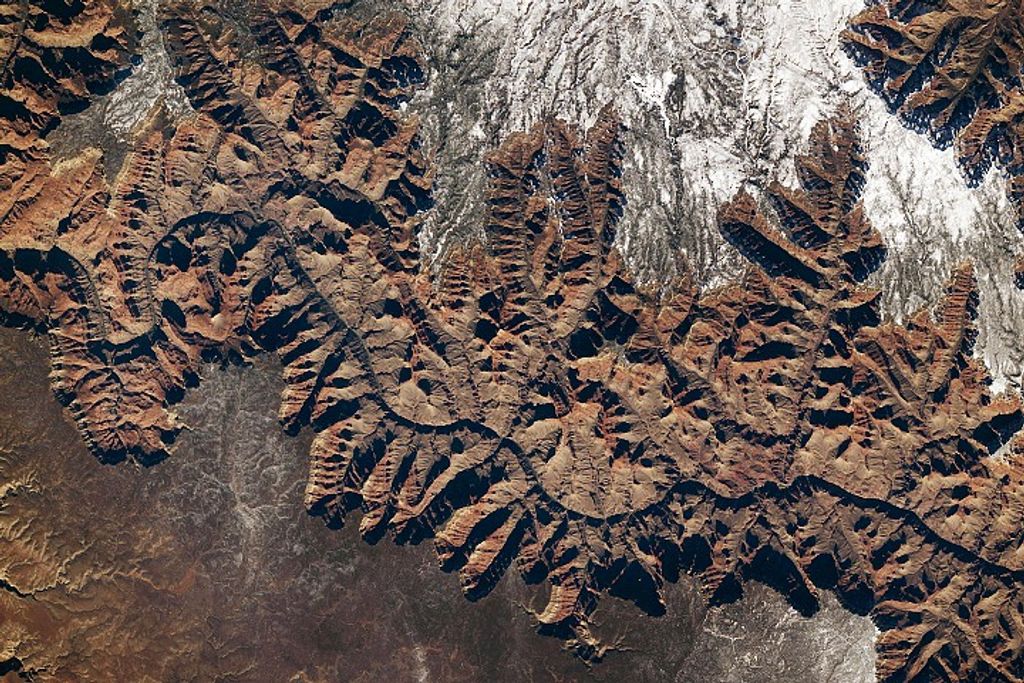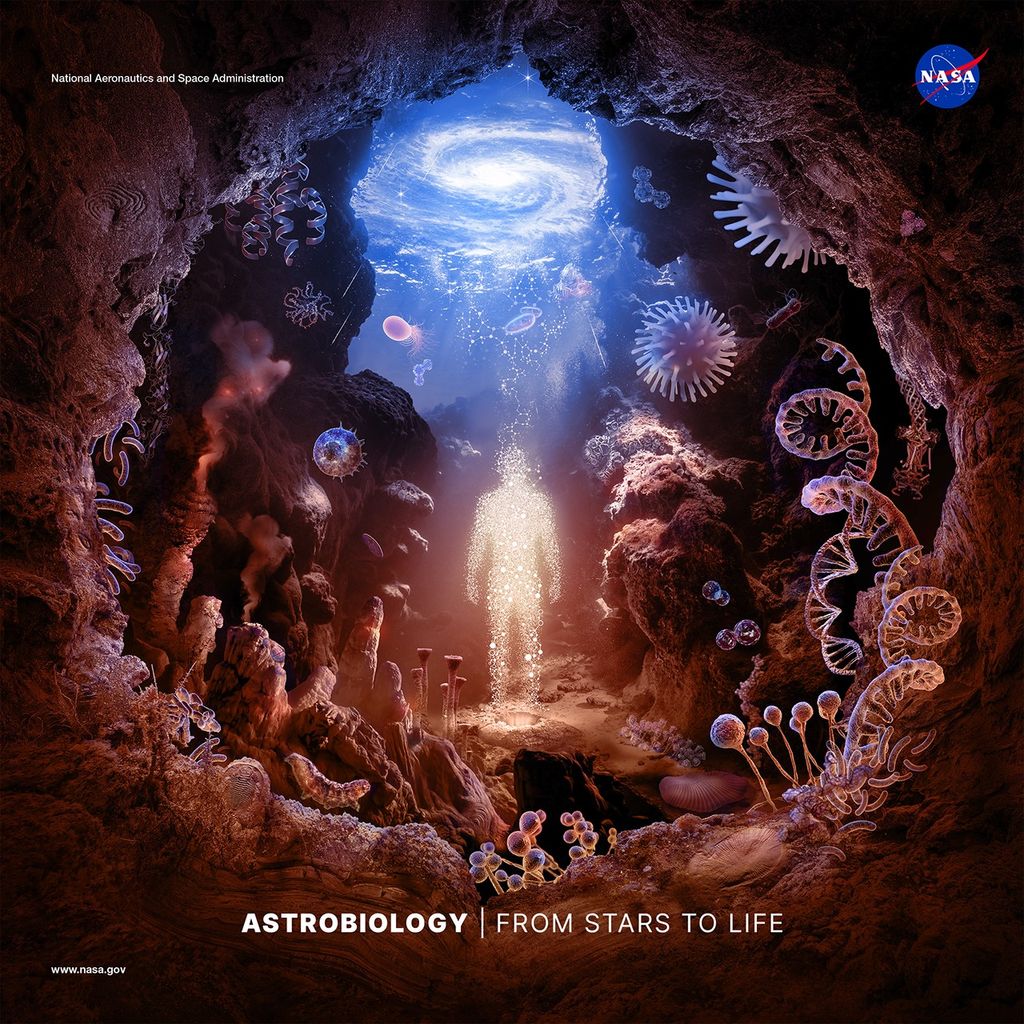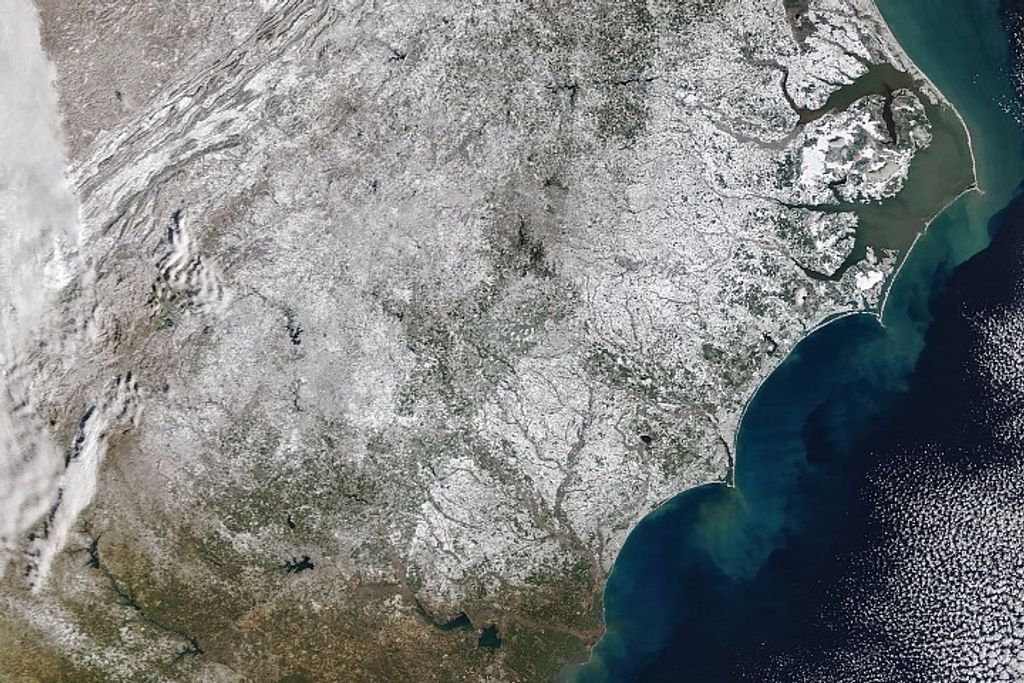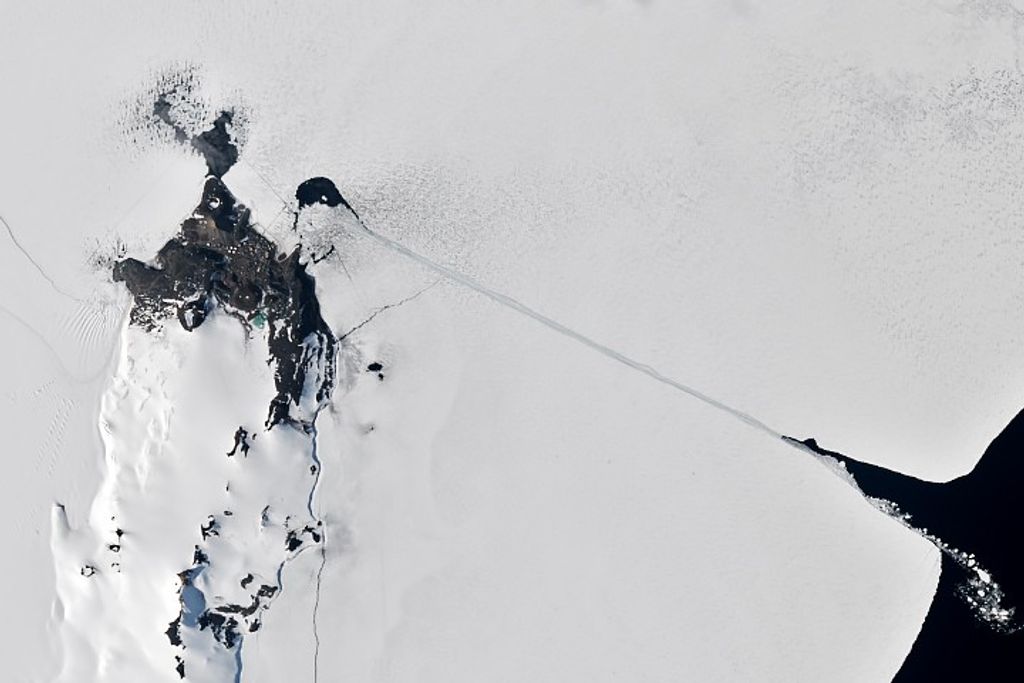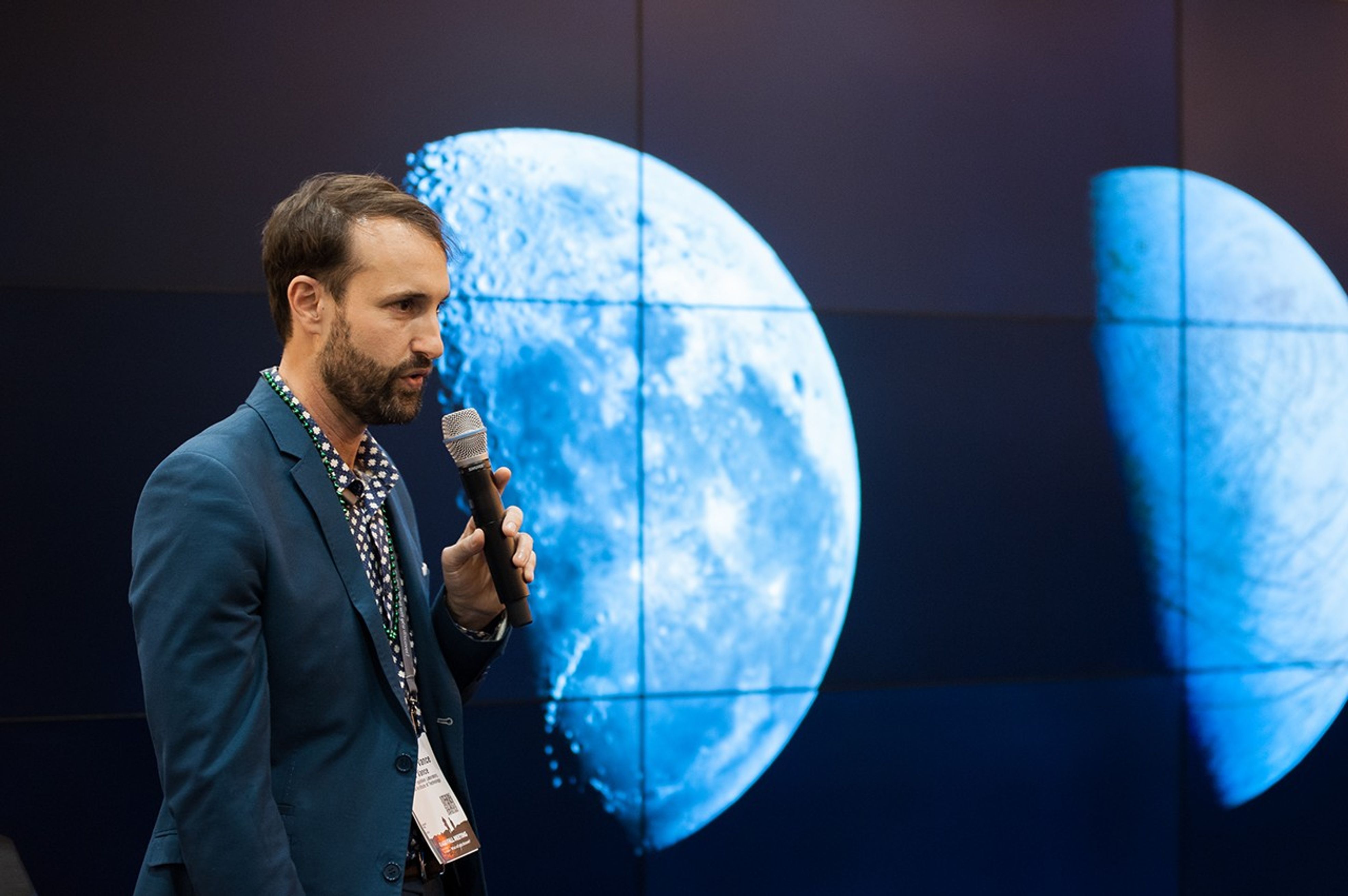
Steven Vance
Planetary Scientist - NASA's Jet Propulsion Laboratory (JPL)
Contents
- Education
- Where are you from?
- What first sparked your interest in space and science?
- How did you end up working in the space program?
- Who inspired you?
- What is a Planetary Scientist/Astrobiologist?
- Tell us about a favorite moment so far in your career.
- What advice would you give to someone who wants to take the same career path as you?
- What do you do for fun?
- If you were talking to a student interested in science and math or engineering, what advice would you give them?
- Read More
- Where are they from?
Education
University of California, Santa Cruz
B.S. Physics (with honors)
University of Washington, Seattle
Ph.D. Geophysics and Astrobiology
Steve Vance is the supervisor for Planetary Interiors and Geophysics Group at NASA’s Jet Propulsion Laboratory (JPL). He’s an astrobiologist and geophysicist studying the workings of icy, ocean worlds like Jupiter’s moon, Europa.
Where are you from?
I was born in Houston, Texas. But I lived outside Paso Robles, California, from ages three to eight. I spent my formative years in Bakersfield, California, graduating from Bakersfield High School. I now live in Los Angeles.
What first sparked your interest in space and science?
As a youngster, I would watch the television show “Muppet Babies.” I remember watching a scene in one episode; it was a “Star Wars” episode. (“Star Wars” was another big influence for me.) Kermit had a miniature spaceship made out of cardboard, and he also used a black piece of cardboard with holes poked through it to simulate the stars. (When this cardboard was put to the light, “stars” shone through.) I was influenced by this episode to make a solar system viewer out of a shoebox as part of my project on Neptune for my third-grade class.
“Don’t be afraid to ask questions, especially when you find yourself in a one-on-one conversation with an expert.” – Steven Vance
How did you end up working in the space program?
As an undergraduate at the University of California at Santa Cruz (UCSC), I was studying physics and German, as well as fixing audio-visual (A/V) equipment. I had multiple interests, but I eventually fell into a project involving the role of methanol in the formation of small particles in the dust cloud that became the solar system. At this point, I hadn’t yet decided to pursue a career with the space program.
Then, during a summer internship with a company that makes X-ray tubes, I befriended a brilliant young engineer who had recently dropped out of a graduate program in astronomy. During our lunches together we talked about humanity’s trajectory in time and space, societal changes that needed to occur for us to become a truly space-faring global civilization, and the significance of the discovery of alien life. These inspiring interactions came at a time when I was beginning to think about graduate school, and so I paid attention when I saw an advertisement for a National Science Foundation (NSF) funded interdisciplinary graduate program in astrobiology at the University of Washington.
Who inspired you?
I have been inspired by my father’s technical prowess and zest for life, my mother’s heart, and creativity, my friends in high school, who taught me important lessons about life, and by Carl Sagan, who revealed the poetry of the cosmos.
What is a Planetary Scientist/Astrobiologist?
Planetary scientists try to understand the planets, their formation, their place in the solar system, and their similarity to planets around other stars. In our line of work, Earth is another planet, the one we know best. Astrobiologists apply the same approach to understand life, its origin, and its prevalence in the rest of the universe.
Tell us about a favorite moment so far in your career.
One memorable moment is when I was working on the tunable laser spectrometer to test gases that might come up from the surface of Mars. It was wonderful to have been a part of the hypothesizing for this instrument and then to be able to see those hypotheses verified through experiments.
What advice would you give to someone who wants to take the same career path as you?
Take lots of math classes. Don’t be afraid to ask questions, especially when you find yourself in a one-on-one conversation with an expert.
What do you do for fun?
I like to play guitar and drums, sing, skydive and read.
If you were talking to a student interested in science and math or engineering, what advice would you give them?
Follow your interests. Don’t give up.
Read More
Outer Planet Flagship Missions
Outer Planets Colloquium Series
Steven’s JPL Science Division Profile
Where are they from?
Planetary science is a global profession.









